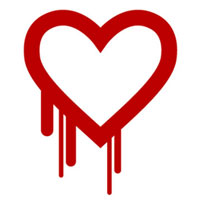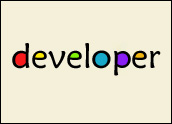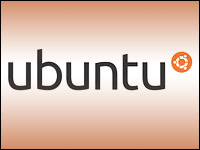
IBM has announced a new corporate strategy regarding its participation in the hundreds of standard-setting organizations relevant to its products. Simply put, it only wants to work within an environment that is open and transparent.
“Standard-setting is too important — for business, for government, for citizens and consumers — to be anything but completely open,” Bob Sutor, IBM’s vice president of open source and standards, told LinuxInsider.
IBM prefers to work with groups that engage in open practices such as making public which organizations and individuals participated in a certain working group, or publishing minutes on their Web site, for example.
Although he declined to single out a standards-setting body that does not comply with these broad guidelines, Sutor did acknowledge that IBM took issue with the International Organization for Standardization’s approval of the Microsoft Office format OOXML last year.
However, “it is a mistake to think that [the OOXML conflict] is the sole reason for IBM’s formalization of this policy, he said, arguing that “there is simply no justification for standards to be created in nontransparent ways using policies that are problematic, at best.”
IBM is not threatening to walk out of a standards-setting process, especially one that is core to its own products, Sutor emphasized. Rather, the company will engage in talks with the participants to bring about the changes it feels are necessary.
Biggest Stick
Anyone who has followed standard-setting — in any industry, not just technology — is likely to agree with Sutor’s characterization of the process. Even benign observations would have to note the sometimes rough give-and-take that occurs between the companies that dominate the space and all the rest — companies that will be locked into the winning standard, like it or not.
This summer, IBM convened some 70 representatives from academia, standards organizations, law firms and other policy-setting entities for an online debate over whether the process has kept pace with the current commercial and political realities. Many of the participants suggested that more transparency was indeed necessary.
“Standards groups are subject to manipulation. Powerful corporations as well as even a few consultants with too much time on their hands can advance private interests over those of rank-and-file shareholders,” remarked Chuck Allen, director of the HR-XML Consortium.
“I do have trouble with the notion that there are any matters in the formulation of a standard affecting the public that must of necessity be kept secret,” commented Brian Carpenter of the University of Auckland, a former chair of the Internet Engineering Task Force. “I can’t help feeling that there must always be a sinister reason. If it is a safety standard and someone says in the course of discussion that there aren’t enough data to fix a safe level of some parameter, then that opinion should clearly be part of the public record, even if it makes some other members of the committee sweat (in fact, especially so).”
Nuances in the Argument
Other participants addressed finer points surrounding the transparency issue.
“It is common for standards groups working in the fields of health, safety and the environment to, on their own, make important decisions which may have important implications in the areas of public policy. In short, standards groups should have an adequate opportunity to discuss these issues within a confidential context before reporting to the interested public on decisions made and the reasons for the decisions,” maintained Don Purcell of the Center for Global Standards Analysis at Catholic University School of Law.
“I am a fervent, perhaps even vehement, supporter of openness, full disclosure and [inclusivity]. I truly believe that secrecy raises questions of (and risks of) corruption and eschew it whenever there are not vital reasons for it. Having said that, let me suggest that when a standard of great complexity is being developed, having too many voices speaking at once makes it (nearly) impossible to reach disclosure,” argued Jim Melton, Oracle, ANSI, ISO and W3C.
“There are no invincible giants! No. The OOXML campaign shocked even Microsoft,” remarked Nnenna Nwakanma, chair of the Free Software and Open Source Foundation for Africa.





















































